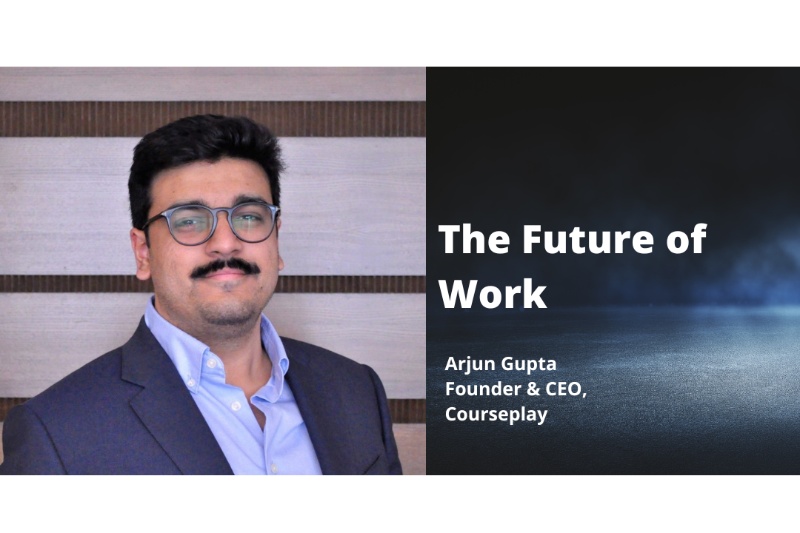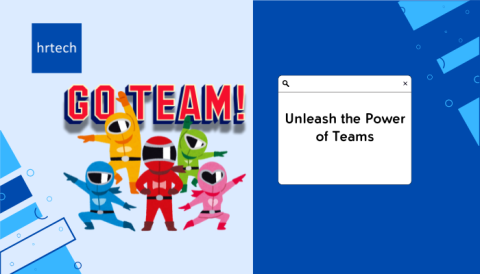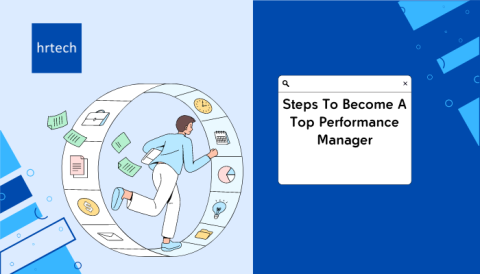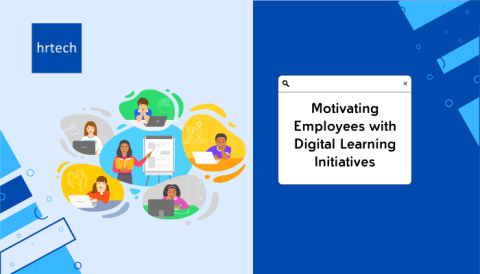Modern companies need to pay greater attention to their employees. This attention is not only in the form of productivity checks but also asking if their people are genuinely happy.

In my recent conversations with our customers as well as my internal team, a general trend has emerged. There is a mix of excitement and trepidation about the future of work. Under the new world order, employees are valuing work-life balance more than ever before. Employers that were previously rigid are finally experimenting and innovating with new ways to engage employees. Today’s workforce has become dispersed, flexible and agile. Employees are also trusted more than ever before, and while there are some cases where employees have been found to be taking unfair advantage of the trust placed in them by their employers, the general consensus is that when it comes to offering our teams flexibility with the way they work we are all asking ourselves “Why weren’t we doing things this way all along?”
Modern companies need to pay greater attention to their employees. This attention is not only in the form of productivity checks but also asking if their people are genuinely happy. There has been a big shift in the way companies manage their teams. Managers have become more like coaches and cheerleaders for their subordinates. With remote working at an all-time high, managers are ensuring their teams have what they need to get the job done. That might not just be resources in the form of software, tools and training, but also in the form of professional guidance, counseling and motivation. A leader in real estate solutions for the Indian market is investing their manpower in collecting bottom-up feedback so that their managers can lead their teams effectively. Regular pulse surveys, coaching activities, personalized training in soft skills and individual development plans are a big part of their toolkit to ensure they are a great place to work. They are currently one of the top 50 companies to work for in Asia.
Employees want to feel engaged and connected with their employers. Many companies are using gamification to engage and motivate their teams. One of the leading retailers in Indonesia is working with leading brands and has set up a game-based points system to incentivize their employees to complete certain activities on time. The results speak for themselves. With a 30% reduction in attrition and a 26% improvement in job satisfaction in early-2020, these employee engagement approaches are paying dividends.
There has been a recent boom in Enterprise SaaS solutions. Companies are procuring tools for rewards and recognition, wellness, coaching, mentorship, career planning and in most cases these tools are not offered by their HR system provider. A big change in enterprise technology implementations is that software tools are no longer expected to be one-stop-shops. No single vendor one can keep up with the global pace of innovation any longer. It is now the age of integrations, and companies are integrating with different solutions at an increasing pace. An HR platform might connect with different tools that focus on learning, performance, coaching, sales, career planning, assessments, data analysis and authentication. This approach also allows companies to work with the “best of each breed” rather than settle for a single vendor that is a “jack of all trades”.
The average age of the workforce is getting older around the world. In the learning space, companies are looking to get better insights on the development of their employees. Employers want to ensure their teams are filling the most urgent skill gaps as fast as possible. Employees want as many learning options as possible so that they will be prepared for the future. Next-generation learning platforms must capture multiple dimensions of data if they are to provide accurate recommendations to their teams. Learning is a complex and nuanced idea. As per the 70-20-10 model, more than two-thirds of an individual’s learning comes informally on the job. A youth-centered NGO based in India is using role-based competency data along with performance insights to accurately assign training programs to fill those gaps for their learners.
It’s an exciting time to be a part of the workforce. Employers have access to innovative solution providers that are connecting them to their employees better than ever before. Courseplay, a talent experience platform created by my company, is a part of this digital revolution. Courseplay is a cloud-based talent experience platform, focusing on learning lead business growth. In our search to make learning a part of the flow of work, we have a talent suite that captures data for things like competencies, performance, coaching, mentorship, individual development plans. These activities help us provide accurate training recommendations for improved learning outcomes. Employees get a holistic experience so they may be better connected with their company.
If you are interested in seeing a demo of what we have created or would like to join me for a chat about the future of work, please do send a DM. I would love to learn about how you are preparing for the future of work.
Courseplay on hrtech.sg Marketplace & 2021 Singapore HRTech Marketmap.
About the author:

Arjun Gupta has a degree in Economics and International Relations from Boston University. After returning home in 2011 he saw a huge potential in the Indian workforce, but a critical shortage of affordable and scalable upskilling programs. He now runs the business and decision-making at Courseplay, an employee experience platform for enterprises. Linkedin




